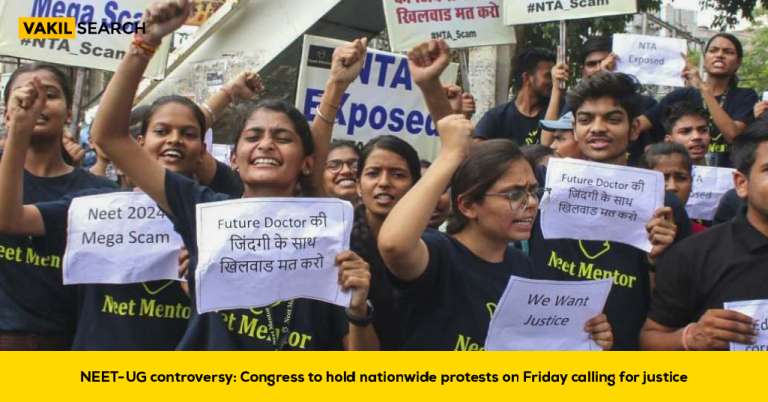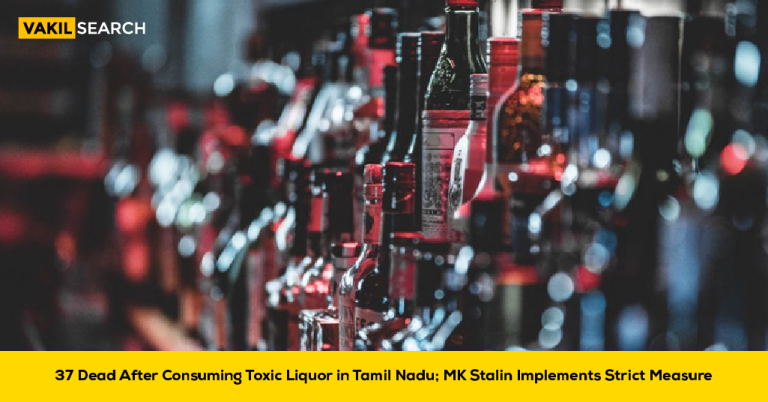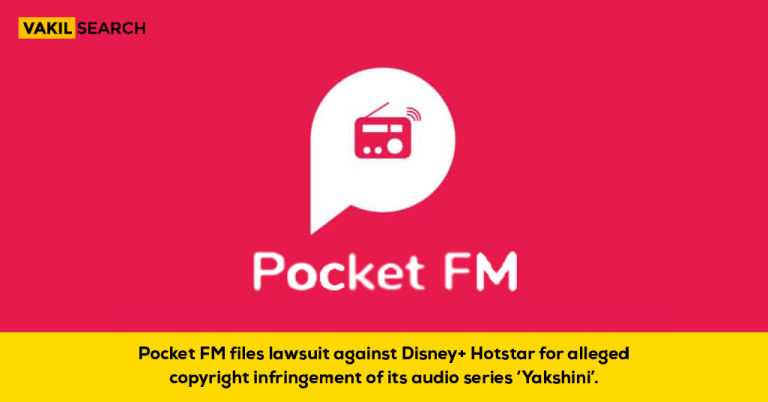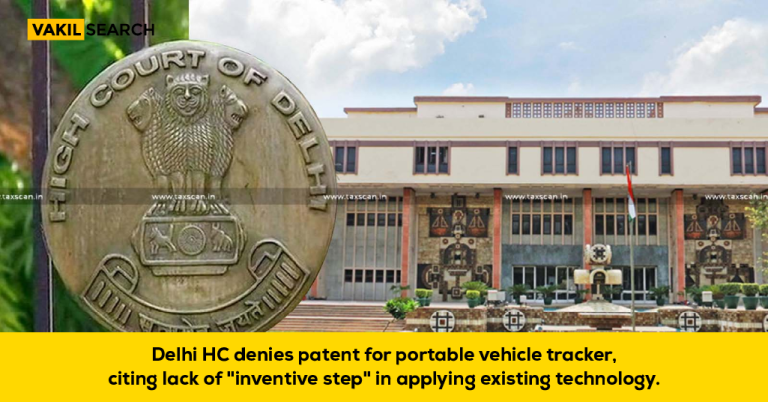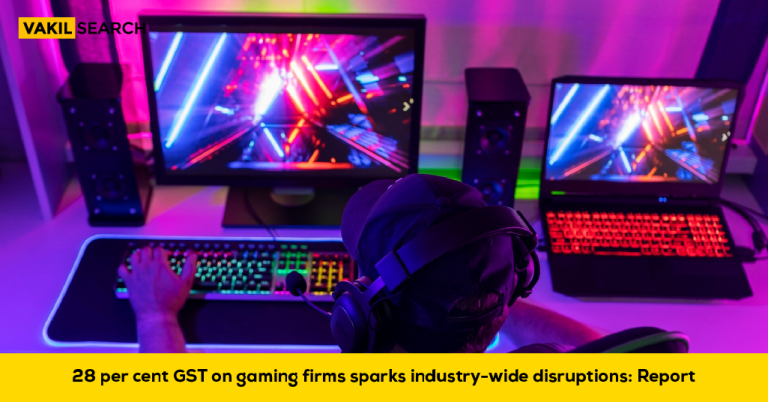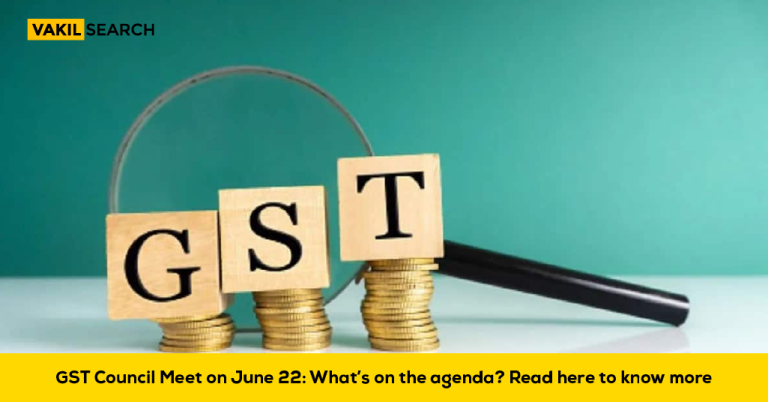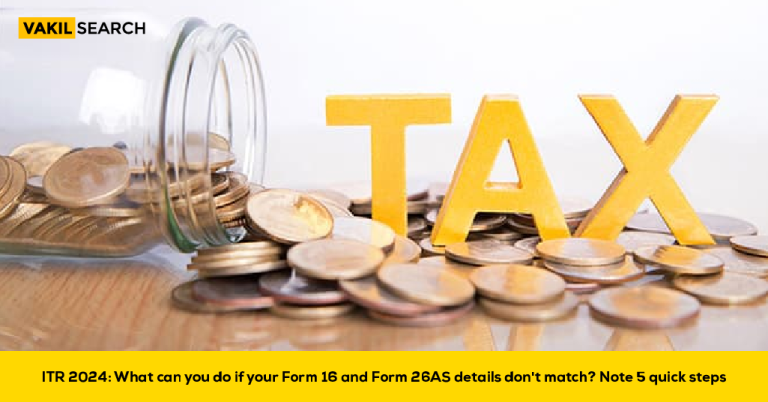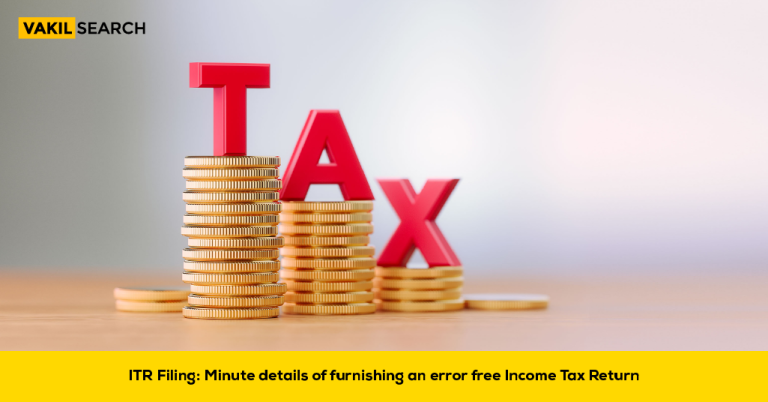The Congress party plans nationwide protests on Friday to demand justice for students following alleged irregularities in the NEET-UG 2024 exam. Congress General Secretary K C Venugopal highlighted the urgency in a letter to party officials, stating, ‘The results have been marred by allegations of irregularities and paper leaks.’
This call to action follows a wave of protests, including a demonstration by the Aam Aadmi Party (AAP) youth wing outside Union Education Minister Dharmendra Pradhan’s residence. AAP MLA Sanjeev Jha demanded an investigation by a retired Supreme Court judge, stating ‘We demand that the probe in the NEET exam matter be carried out in a time-bound manner.’
Student unions across India have echoed these sentiments. The National Students’ Union of India (NSUI) and other groups held protests on Tuesday, demanding the exam’s cancellation. NSUI President Venkat Balmoor and BRSV President Gellu Srinivas Yadav both called for a judicial inquiry and an apology from Prime Minister Modi.
Adding to the tension, BRS Working President K T Rama Rao criticised the central government, asking, ‘Why is the NDA government at the Centre so callous about such a sensitive matter?’
The NEET-UG 2024 results, released on June 4, have been contentious, with 67 students achieving perfect scores amid allegations of a paper leak. The Supreme Court has since permitted a re-test for about 1,563 students who received grace marks.
The political fallout has been significant. AIMIM President Asaduddin Owaisi and Congress MP Gaurav Gogoi have both demanded accountability. Owaisi labelled the exam a ‘joke,’ while Gogoi accused the government of negligence.
In response, Education Minister Dharmendra Pradhan assured students their concerns would be addressed fairly, promising, ‘No student will be at a disadvantage.’
The Supreme Court has emphasised the need for thorough action, stating, ‘If there’s even 0.001 percent negligence, it should be thoroughly dealt with.’ The court’s strong stance underscores the gravity of the situation as protests and demands for justice continue to escalate nationwide.
The ongoing controversy surrounding the NEET-UG 2024 exam highlights significant issues within the Indian education system, including allegations of exam irregularities, paper leaks, and discrepancies in scores. The nationwide protests reflect a growing concern among students, parents, and political entities about the integrity and transparency of the examination process.
At Vakilsearch, we understand the critical importance of educational integrity and the rights of students.Our legal professionals specialise in educational law, providing support for investigations, policy reviews, and advocacy efforts to ensure justice and transparency.


